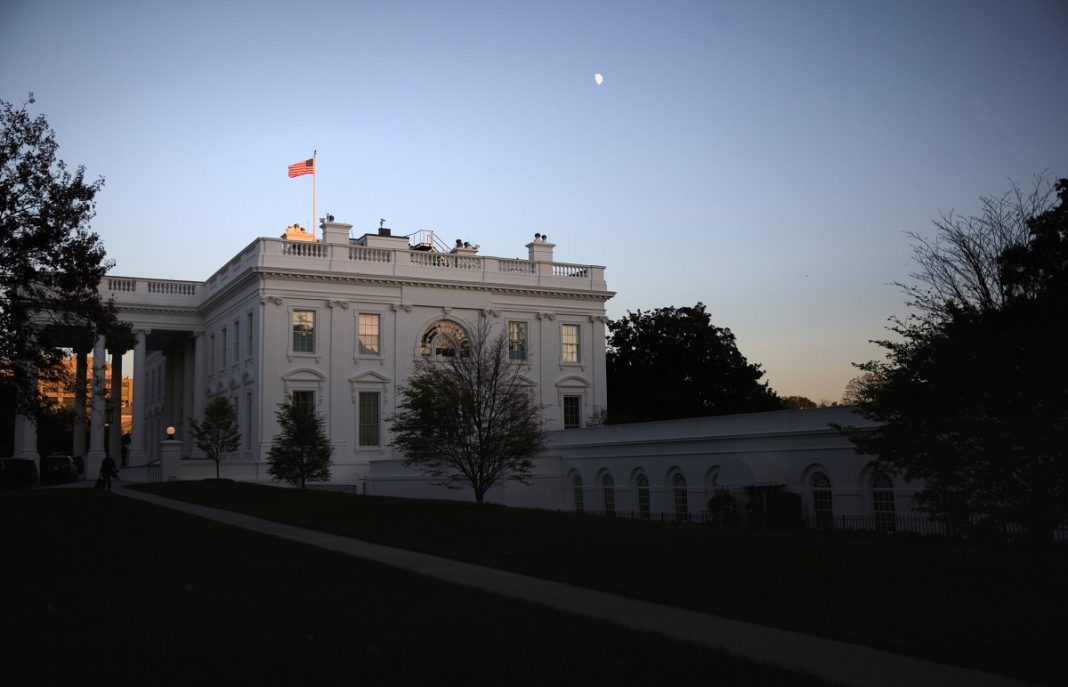“The PRC and Russia are increasingly aligned with each other but the challenges they pose are, in important ways, distinct. We will prioritize maintaining an enduring competitive edge over the PRC while constraining a still profoundly dangerous Russia,” according to the document.
On February 24, Russian President Vladimir Putin announced that, in response to a request from the Donbass republics, he made a decision to carry out a special military operation in Ukraine. In response, the West started introducing sweeping sanctions against Russia and shipping weapons and military vehicles to Kiev already worth tens of billions of dollars at this point. A number of Western political figures acknowledged that this is effectively an economic war against Russia. Putin has said that the Western sanctions policy against Moscow has all hallmarks of aggression, adding that the policy of deterrence of Russia is the long-term strategy of the West.
US presidential national security adviser Jake Sullivan said during an on-the-record press call timed for the release of a new version of the US National Security Strategy the United States sees China as its biggest geopolitical challenge, yet it does not want to see the world split into rigid blocs, an open confrontation, or another Cold War.
“We recognize that in the geopolitical space, the PRC represents America’s most consequential geopolitical challenge,” he noted.
“And while that will play out in the Indo-Pacific to a significant extent, there are global dimensions to the challenge as well,” Sullivan added.
“But the strategy also makes clear that we avoid seeing the world solely through the prism of strategic competition. And we will not try to divide the world into rigid blocks. We are not seeking to have competition tip over into confrontation or a new Cold War,” the official continued.
